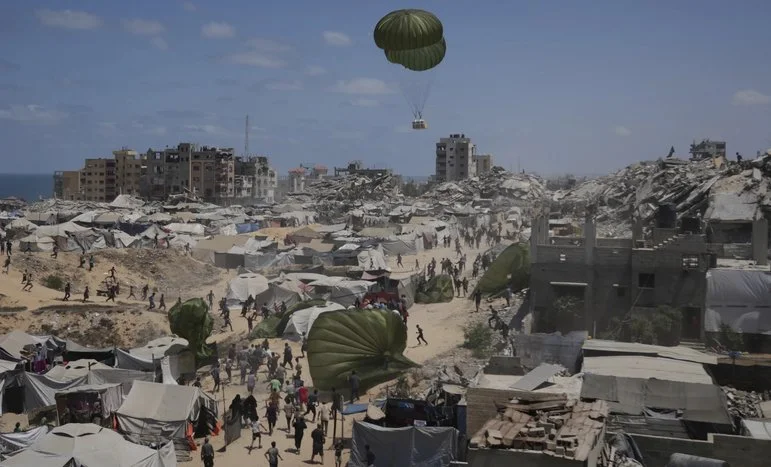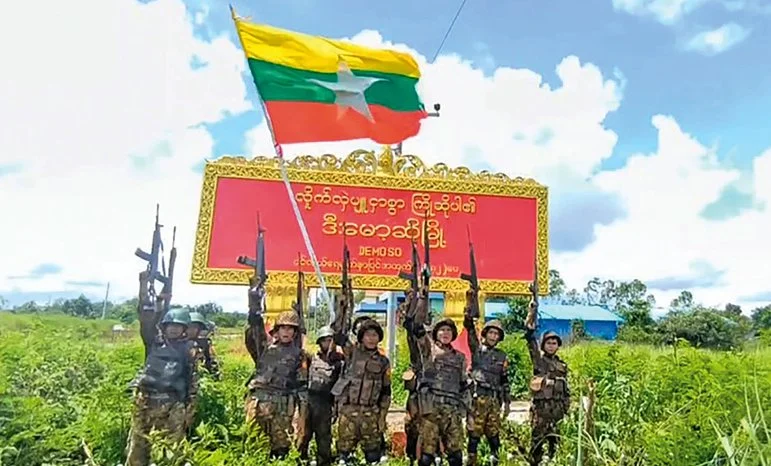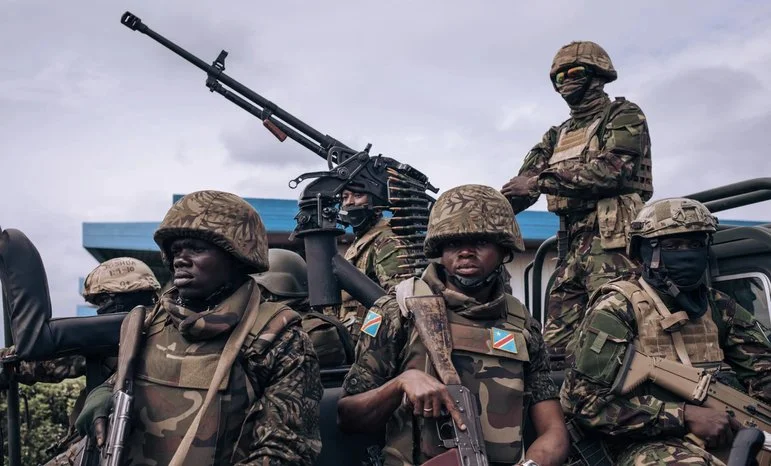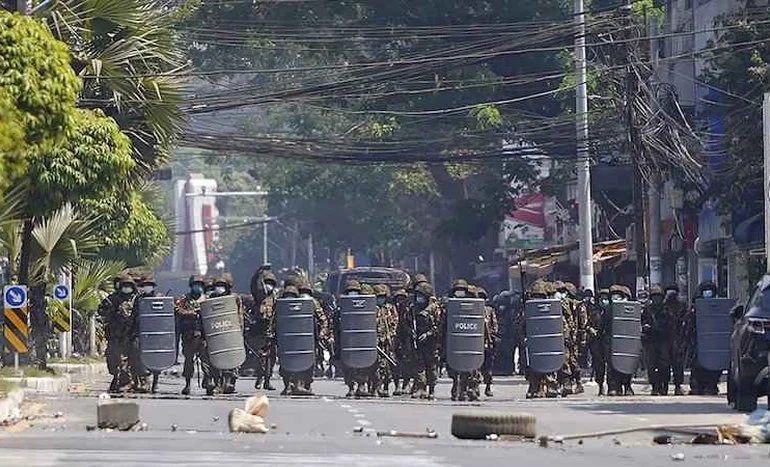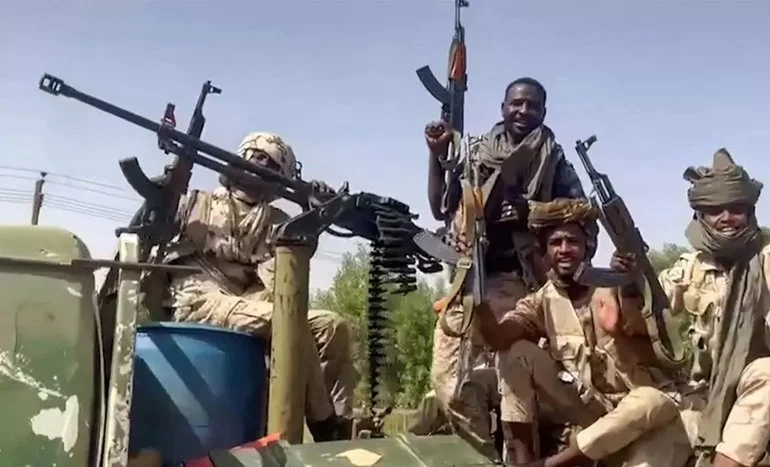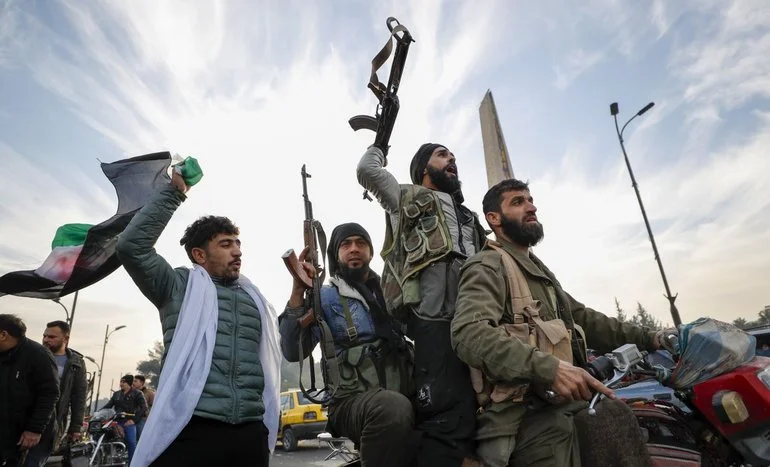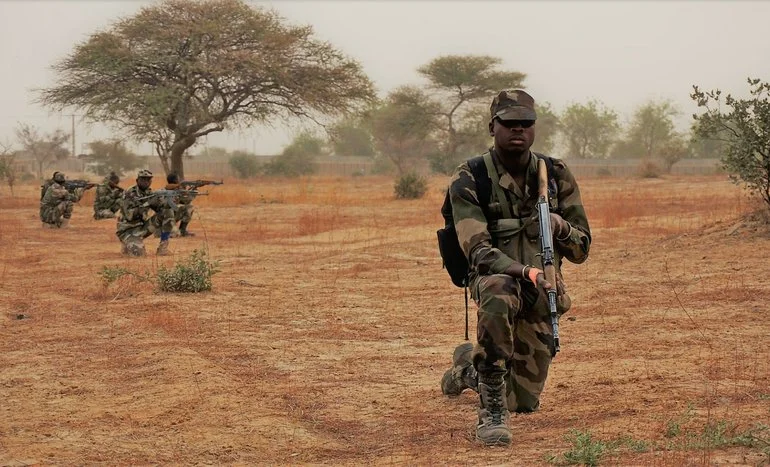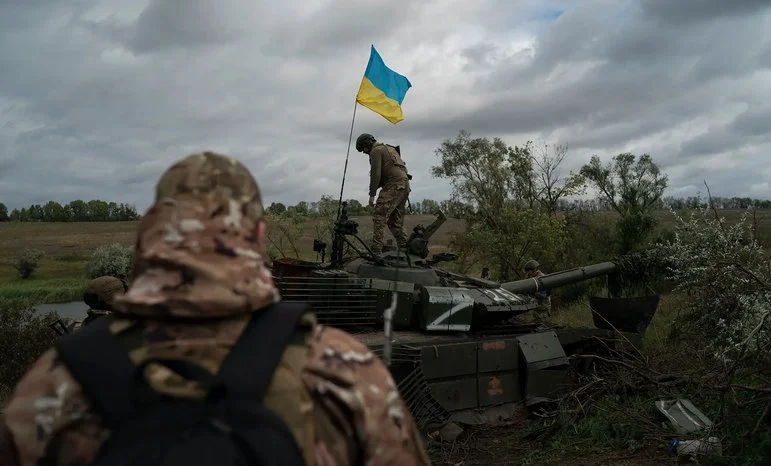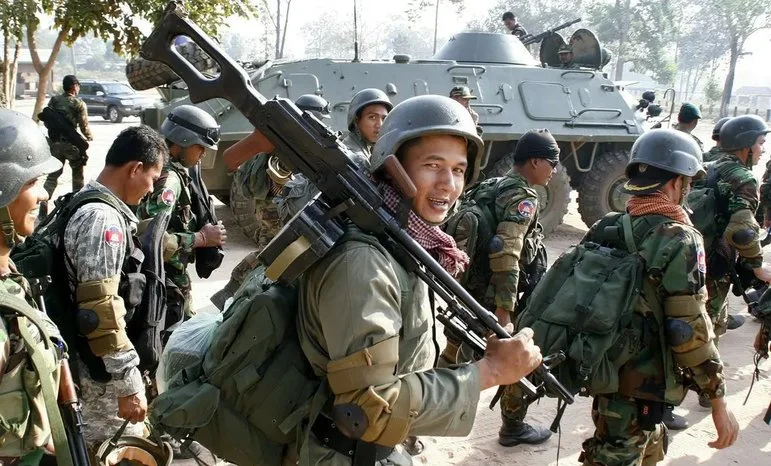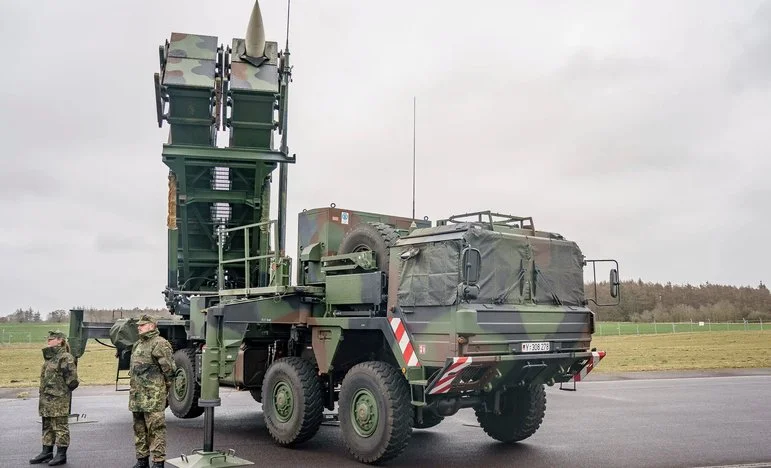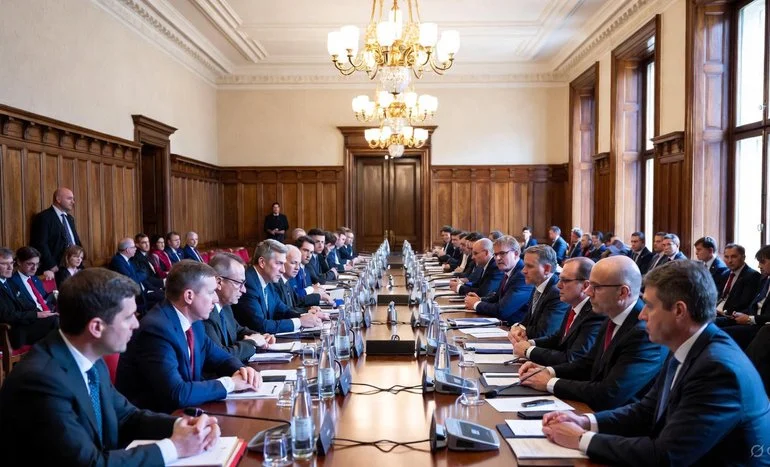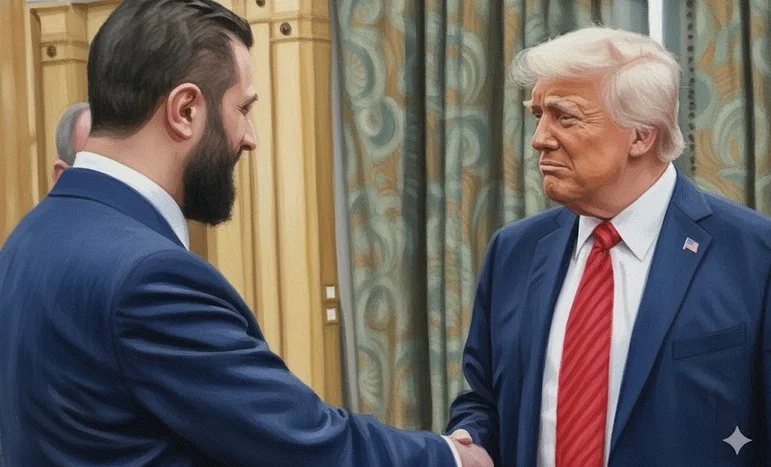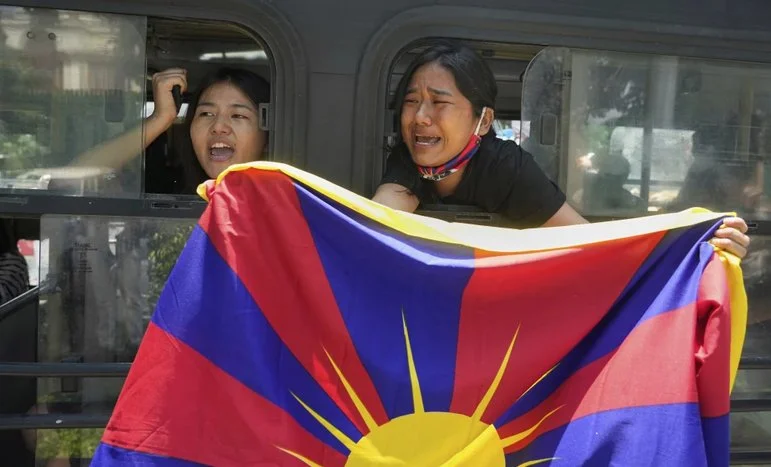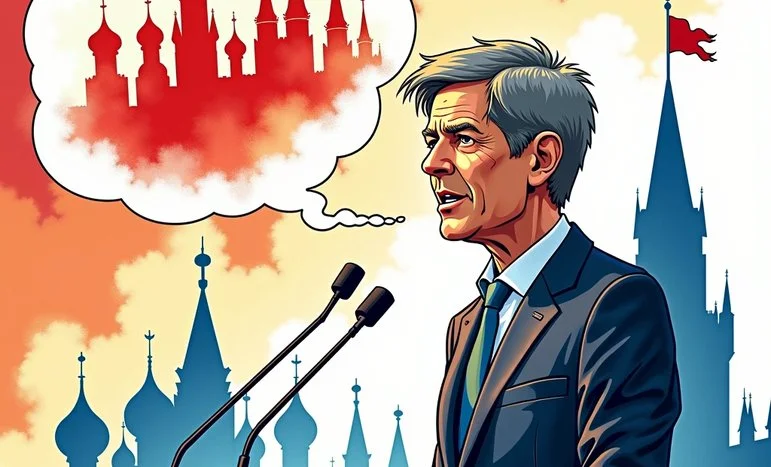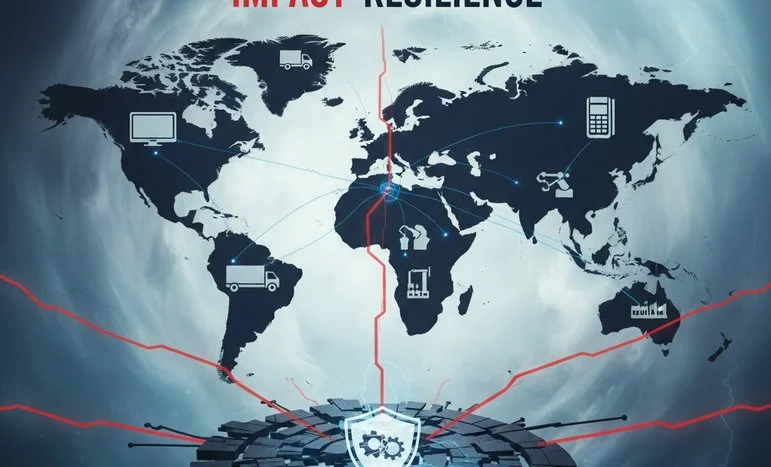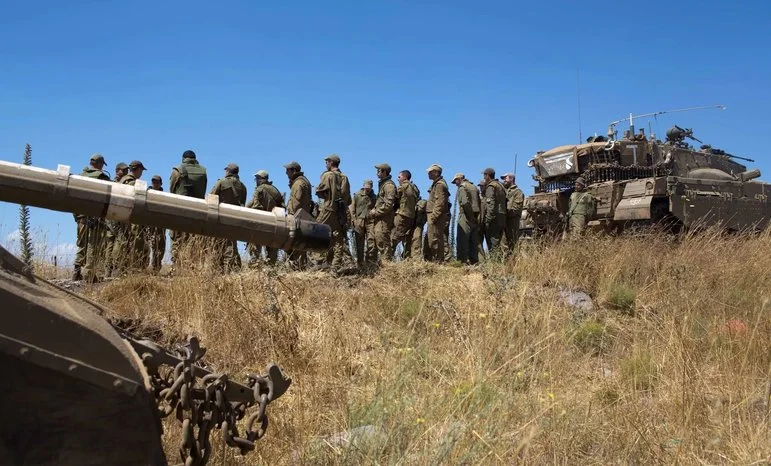
Israel Cites Druze Protection in Syria Strikes: Humanitarian Shield or Strategic Escalation?
On 16–17 July 2025, Israel Defense Forces (IDF) conducted a series of airstrikes targeting Syrian government military sites in Damascus and southern Syria. Jerusalem’s stated justification: the protection of the Druze minority amid mounting sectarian violence, especially in Sweida province and Damascus suburbs [^1].
The Catalyst: Sectarian Violence in Sweida
Violence erupted following clashes between Druze militias and Sunni Bedouin groups in the Druze-majority region of Sweida, resulting in at least 169–250 fatalities and widespread destruction of homes. Syrian government forces intervened, which triggered additional atrocities and accusations of unilateral abuses against Druze civilians [^2].
Israel’s Justification: Shielding the Druze
Israel’s leaders, including Prime Minister Benjamin Netanyahu and Defense Minister Israel Katz, framed the strikes as a necessary intervention to avert further Druze massacres and enforce a demilitarized zone in southern Syria. Israel cited its “deep brotherly bond” with Druze communities and the historic loyalty of its own Druze minority, many of whom serve in the IDF [^3][^4].
Foreign Minister Gideon Sa’ar condemned international inaction, calling the series of massacres a “recurring phenomenon” and urging global response to minority persecution [^5].
Border Solidarity and Crossings
Amid the conflict, hundreds of Israeli Druze crossed into Syria—often to aid relatives or demonstrate solidarity—even as Israeli authorities attempted to restrain their movements. Some described these crossings as emotional reunions, despite the heightened tensions [^6].
Druze Leaders Divided
Notably, many Syrian Druze leaders refused Israeli intervention. Spiritual authorities like Sheikh Hikmat al-Hijri urged unity under Damascus and rejected foreign interference, emphasizing that the Druze could safeguard themselves internally [^7].
Strategic Ramifications
Israel’s strikes carry both humanitarian and strategic dimensions:
- Humanitarian aim: Protect vulnerable minority communities near Israeli borders.
- Security imperative: Maintain southern Syria as demilitarized, prevent Syrian troops from positioning in proximity to the Golan Heights.
- Political signaling: Assert influence over a volatile region while aligning with certain Druze factions [^8][^9].
Risks: Escalation and Sovereignty Concerns
- Sovereignty breach: Damascus condemned the strikes, calling them outright aggression and pledging to defend all citizens, including Druze [^10].
- Sectarian polarization: Israel’s intervention may fuel deeper sectarian divide or delegitimize local Druze leadership.
- Regional escalation: Continued violations of Syrian airspace may draw international backlash and heighten regional tensions.
Israel’s intervention, justified as protecting a historically connected minority, wades into a highly fragmented and volatile landscape. It reflects a blend of diaspora solidarity, strategic deterrence, and political signaling. Whether it brings relief or deeper instability depends largely on how both Israeli and Syrian actors—and regional stakeholders—navigate the unfolding turmoil.
We appreciate that not everyone can afford to pay for Views right now. That’s why we choose to keep our journalism open for everyone. If this is you, please continue to read for free.
But if you can, can we count on your support at this perilous time? Here are three good reasons to make the choice to fund us today.
1. Our quality, investigative journalism is a scrutinising force.
2. We are independent and have no billionaire owner controlling what we do, so your money directly powers our reporting.
3. It doesn’t cost much, and takes less time than it took to read this message.
Choose to support open, independent journalism on a monthly basis. Thank you.
